Scientist-led conferences at Harvard, Stanford and MIT
-
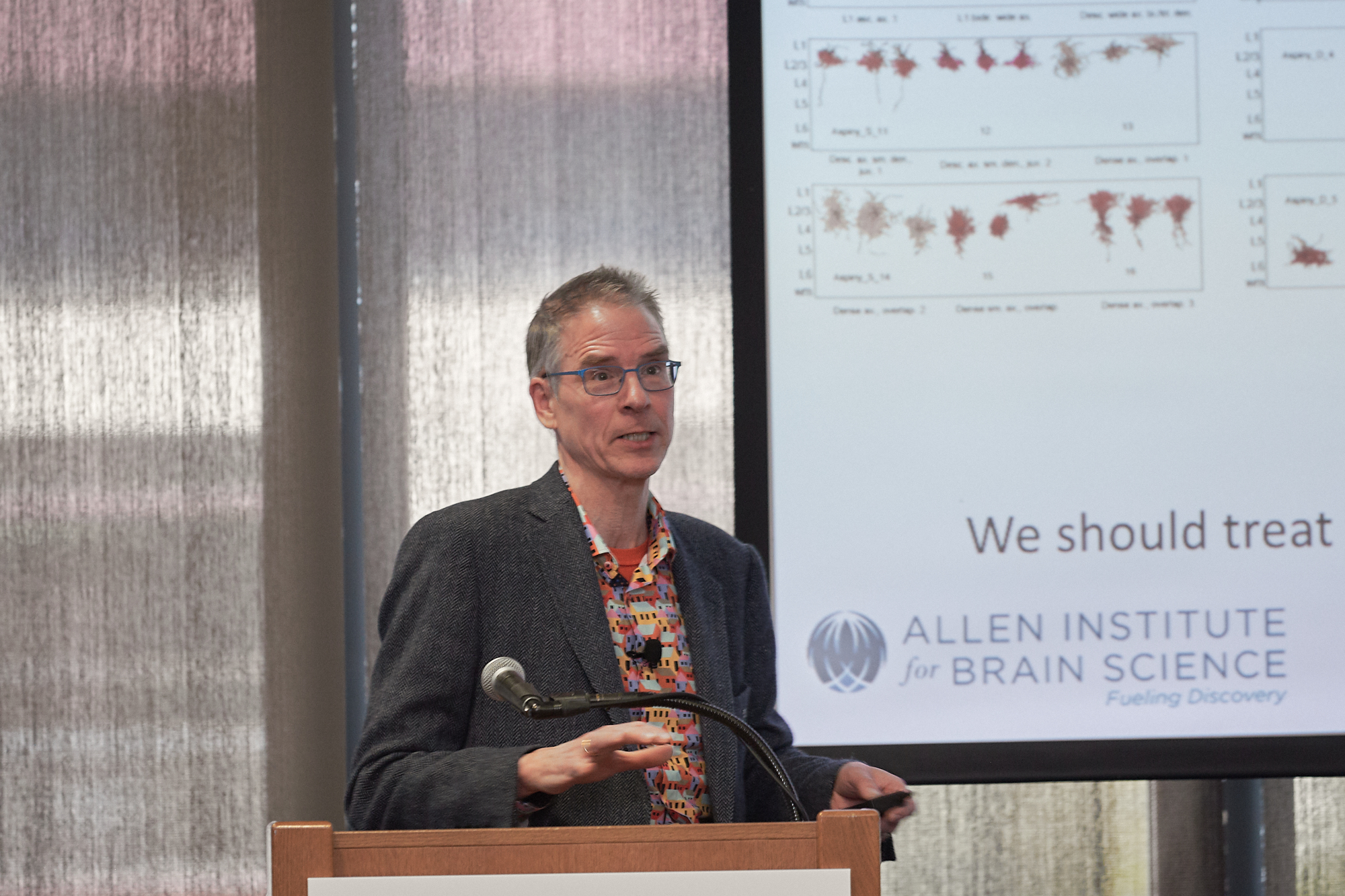
Christof Koch on brain health – ApplySci @ Stanford, 2019
Click to view Christof Koch’s talk on brain health – recorded at ApplySci’s 11th Wearable Tech + Digital Health + Neurotech conference at Stanford University on February 21, 2019. Join us at the 12th and 13th ApplySci conferences, at Harvard Medical School on November 14, 2019, and February 11-12, 2020 at the Quadrus Center on…
-
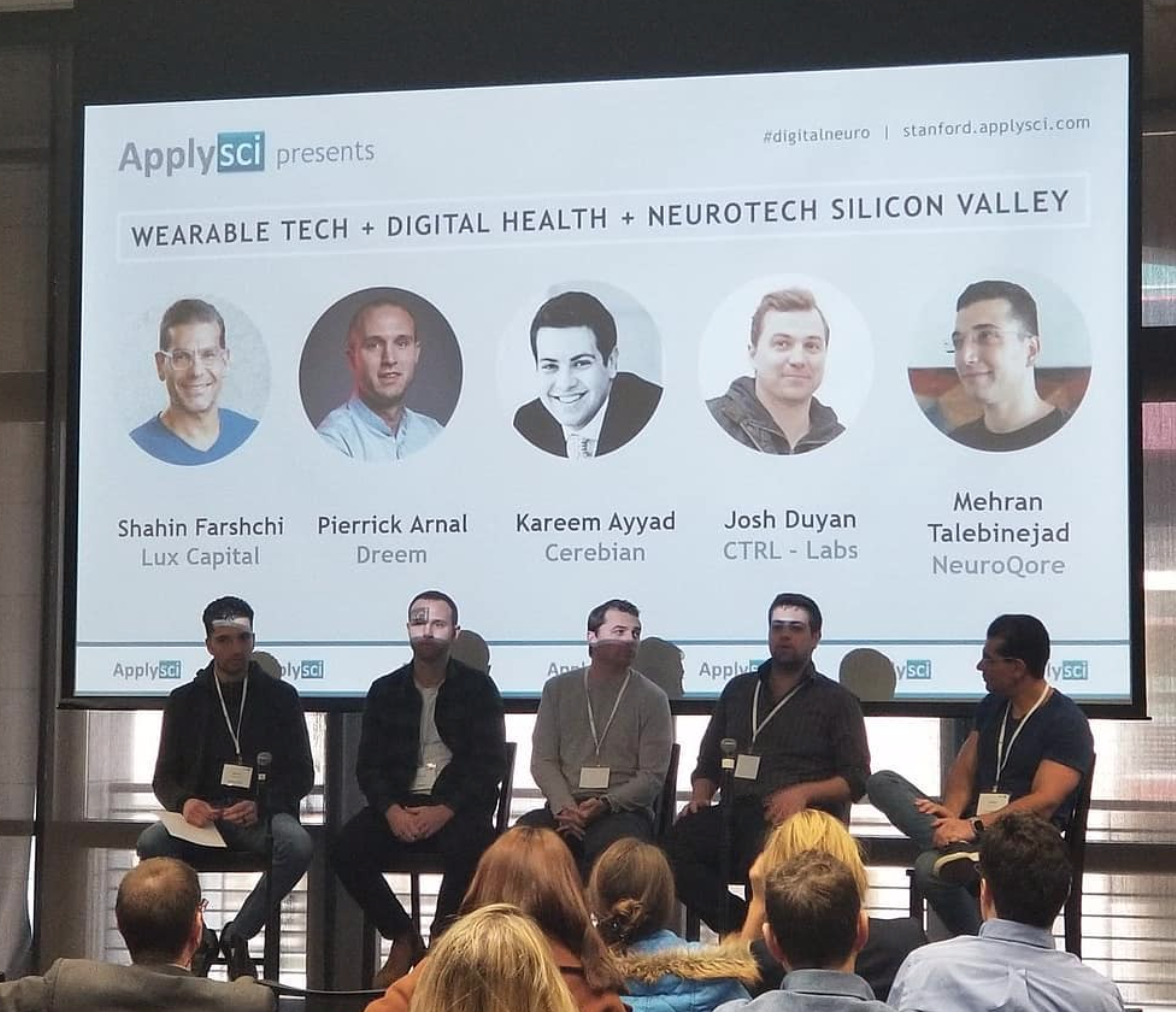
CTRL-Labs acquired by Facebook for 500M – 1B
Congratulations to CTRL-Labs and Lux Capital on Facebook’s acquisition of the four year old Neurotech startup. The company, whose technology assists in decoding brain activity and intention, will join Facebook’s AR/VR team. CTRL-Labs participated in a recent ApplySci panel of startups at Stanford led by Lux Capital’s Shahin Farshchi. Facebook presented its Brain Computer Interface work at the…
-
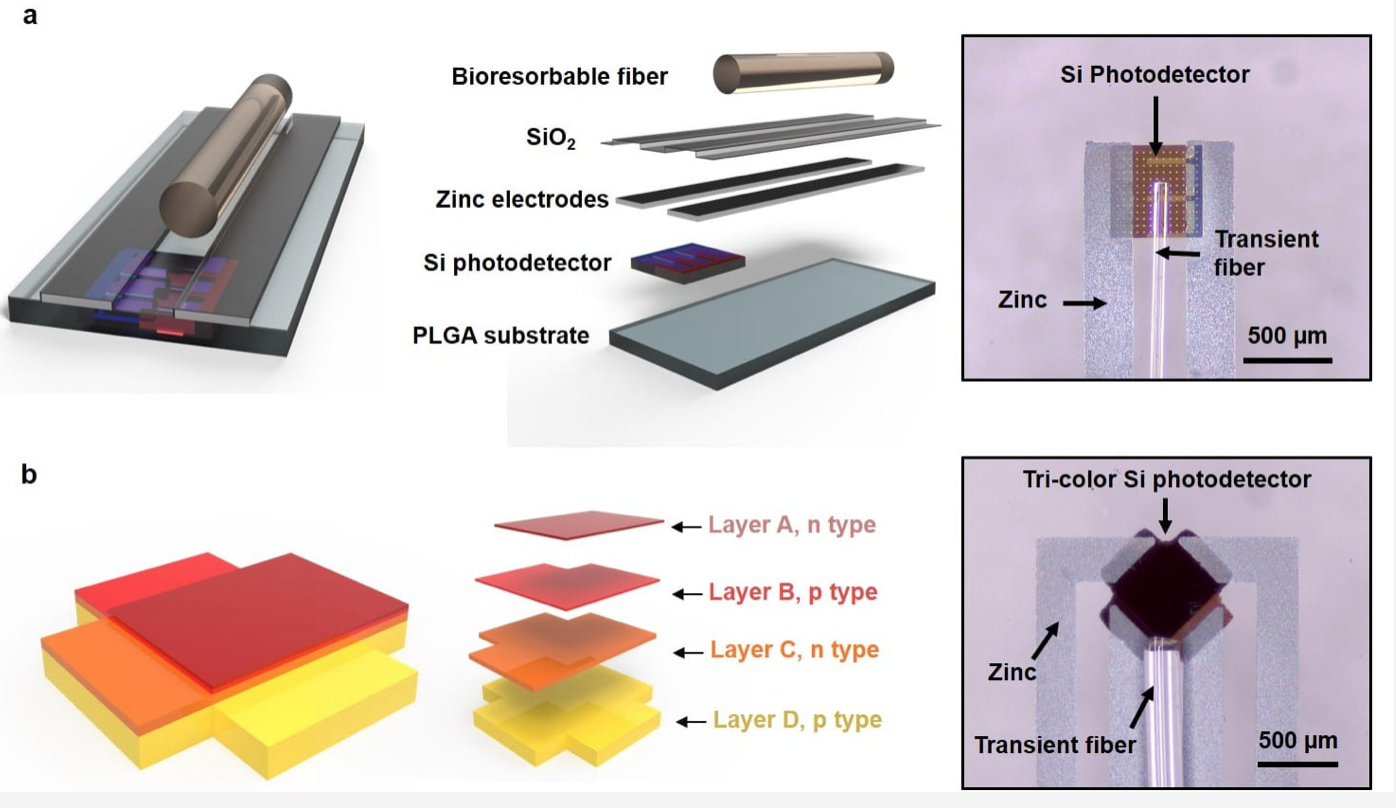
Biodegradable optical sensor monitors physiological function, can provide electrical stimulation, in brain and heart surgery
Northwestern’s John Rogers has developed a biodegradable optical sensor that can be implanted after brain injury and not require a second surgery for removal. According to Rogers: “Optical characterization of tissue can yield quantitative information on blood oxygenation levels. Fluorescence signals can reveal the presence of bacteria as a diagnostic for the formation of an…
-
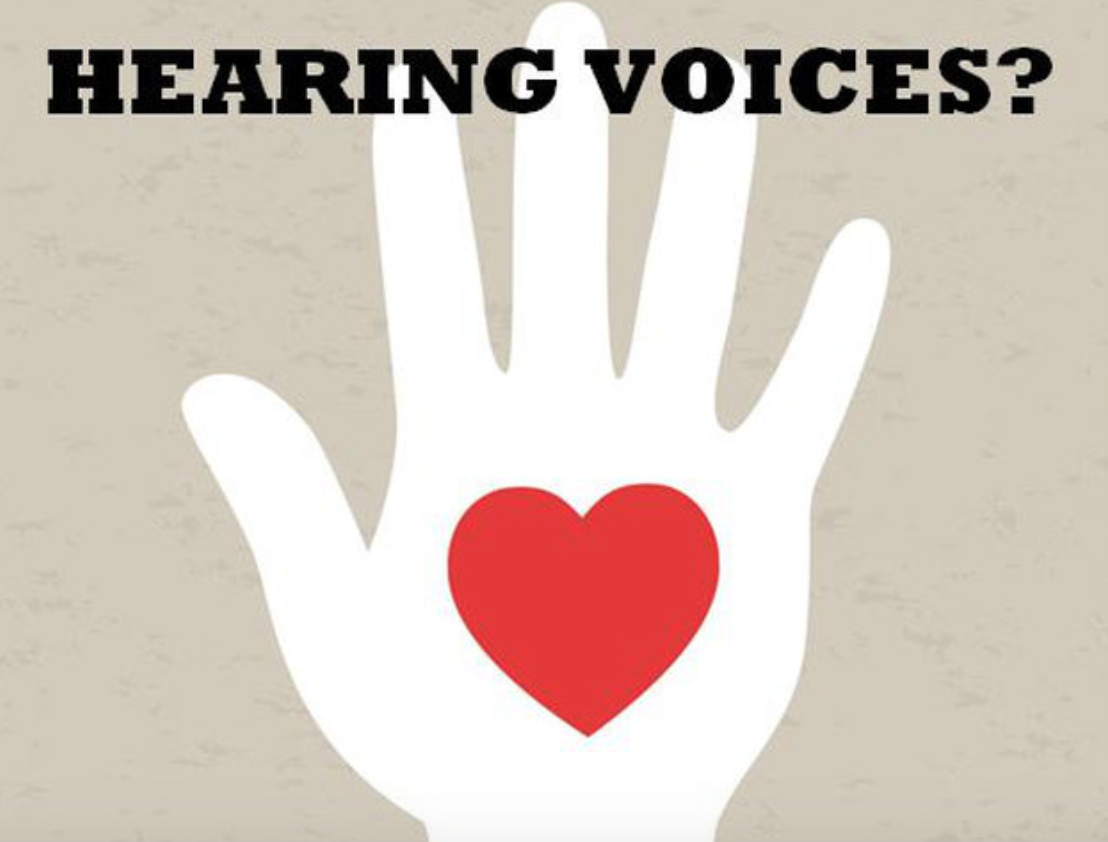
Phone-based support for psychosis
University of Washington’s Dror Ben Zeev has published a paper detailing a wide array of phone-based technology meant to support the recovery of psychosis throughout life — from early detection to symptom management to vocational rehabilitation, The study includes self reported mental health assessments, self-management interventions, medication reminders, messages from case managers, tele-therapy, and skill…
-
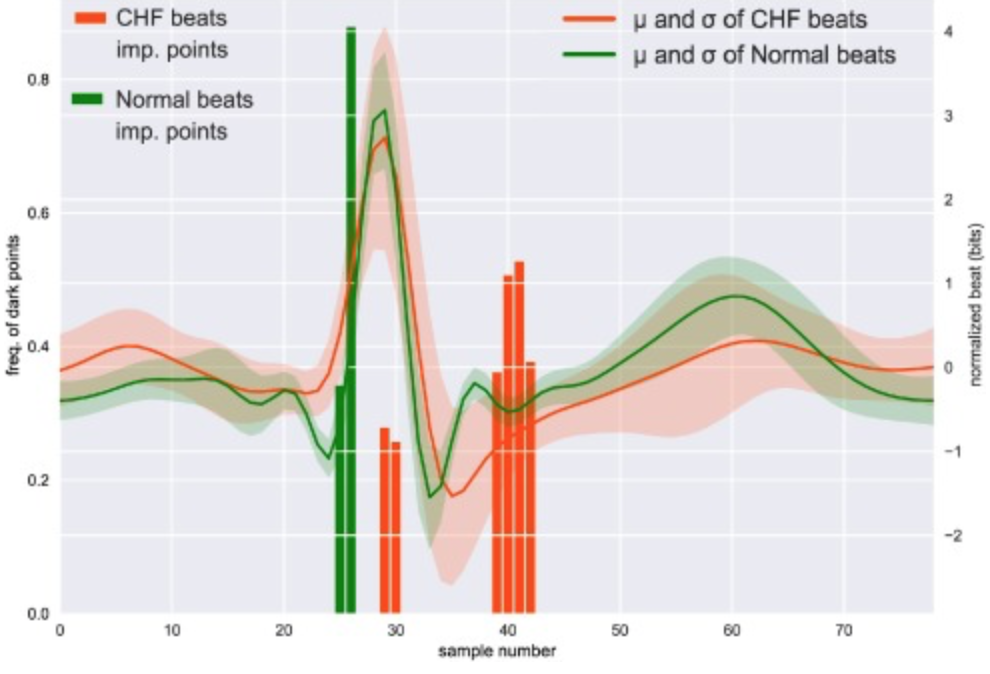
AI detects CHF through analysis of one heartbeat
Sebastiano Massaro at the University of Surrey, Mihaela Porumb and Leandro Pecchia at the University of Warwick, and Ernesto Iadanza at the University of Florence have developed an advanced signal processing and machine learning method to identify congestive heart failure with 100% accuracy through analysis of one raw ECG heartbeat. The CNN model was trained and…
-

Sensor tracks cerebral aneurysm hemodynamics
Georgia Tech’s Woon-Hong Yeo has developed a 3D-printed, stretchable, battery-free, wireless sensor, implanted in brain blood vessels to measure incoming blood flow, to evaluate aneurysm healing. The tiny device wraps around stents or diverters implanted to control blood flow in affected vessels. It is believed to be the first demonstration of aerosol jet 3D printing to…
-

Sensors + algorithm quantify, analyze body movement to optimize exercise/treatment
FIGUR8 has commercialized MGH/MIT Media Lab research to create a sensor and algorithm to measure and track body movement as a biomarker. The wearable creates a movement baseline, diagnoses dysfunction, identifies injury risk, optimizes exercise routines and tracks progress. During movement, the sensor quantifies muscle activity and joint mobility, and the algorithm analyzes more than…
-
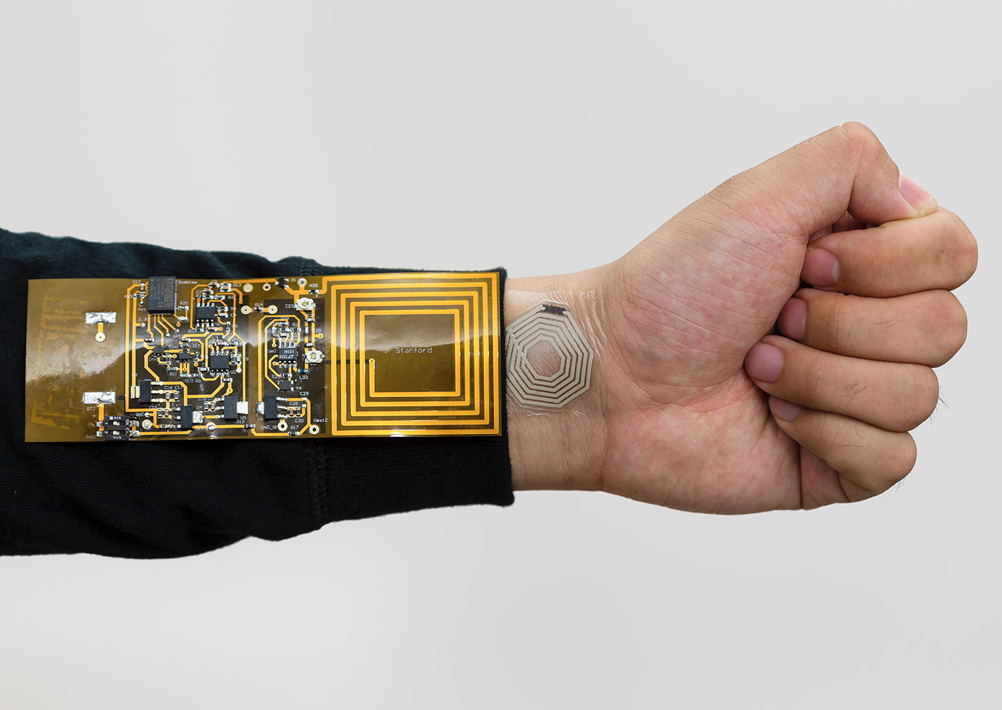
Printed stickers, stretchable antennas, fluctuation-resistant RFID for continuous whole-body monitoring
Zhenan Bao‘s adhesive, unobtrusive wearables continue to change the way health is monitored. Her new BodyNet system tracks pulse, respiration, and other physiological signs using small, screen printed stickers around the body, and a wireless receiver clipped to clothing. The research was published in Nature Electronics last week. Her goal is to “create an array…
-
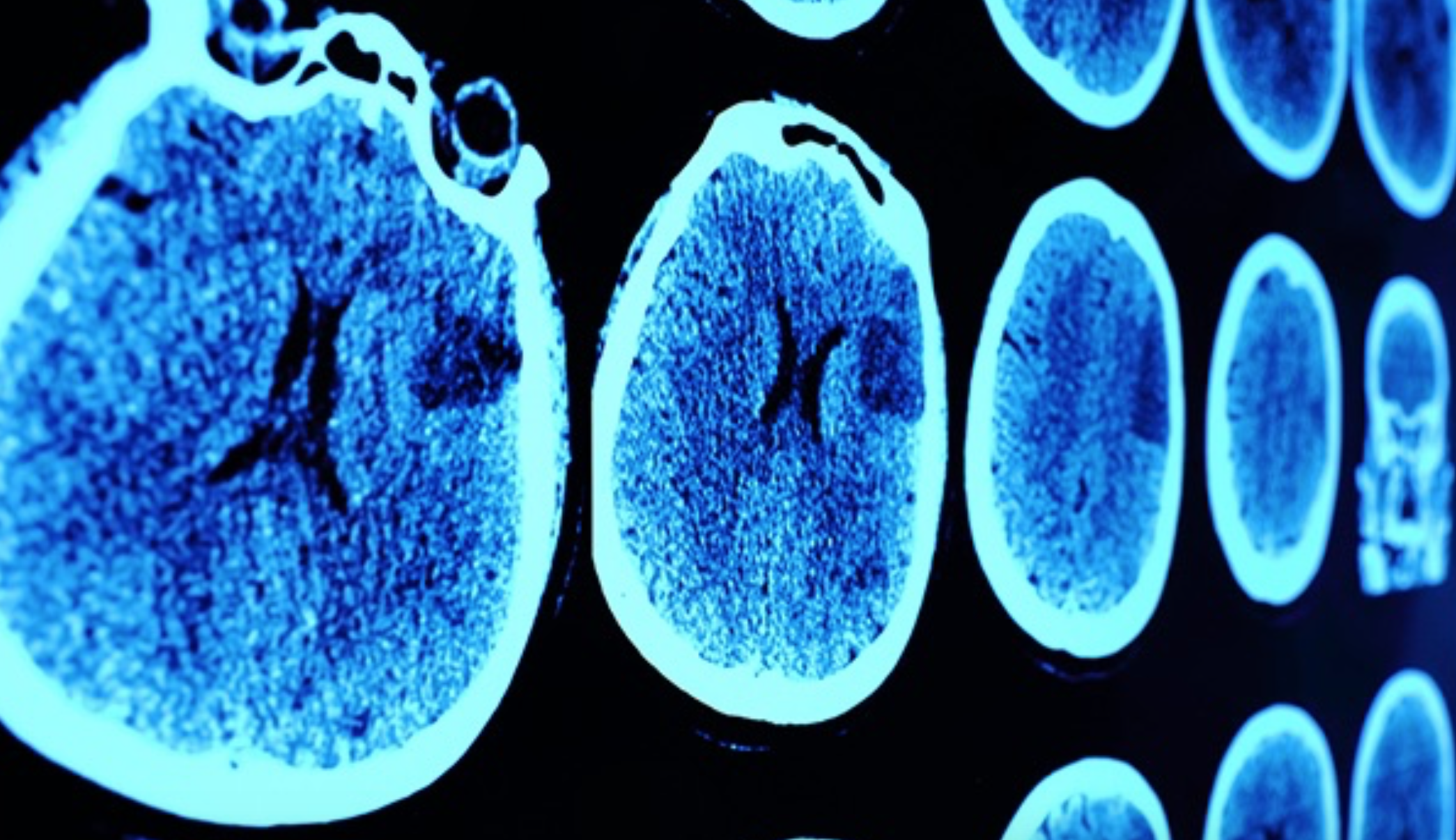
AI detects brain aneurysms, predicts rupture risk in surgery
Fujitsu, GE Healthcare, Macquarie University and Macquarie Medical Imaging are using AI to detect and monitor brain aneurysms on scans faster and more efficiently. Fujitsu will use AI to analyze brain images generated by GE’s Revolution C scanner and an algorithm that detect abnormalities and aneurysms. The algorithm will be capable of highlighting an arterial ring…
-
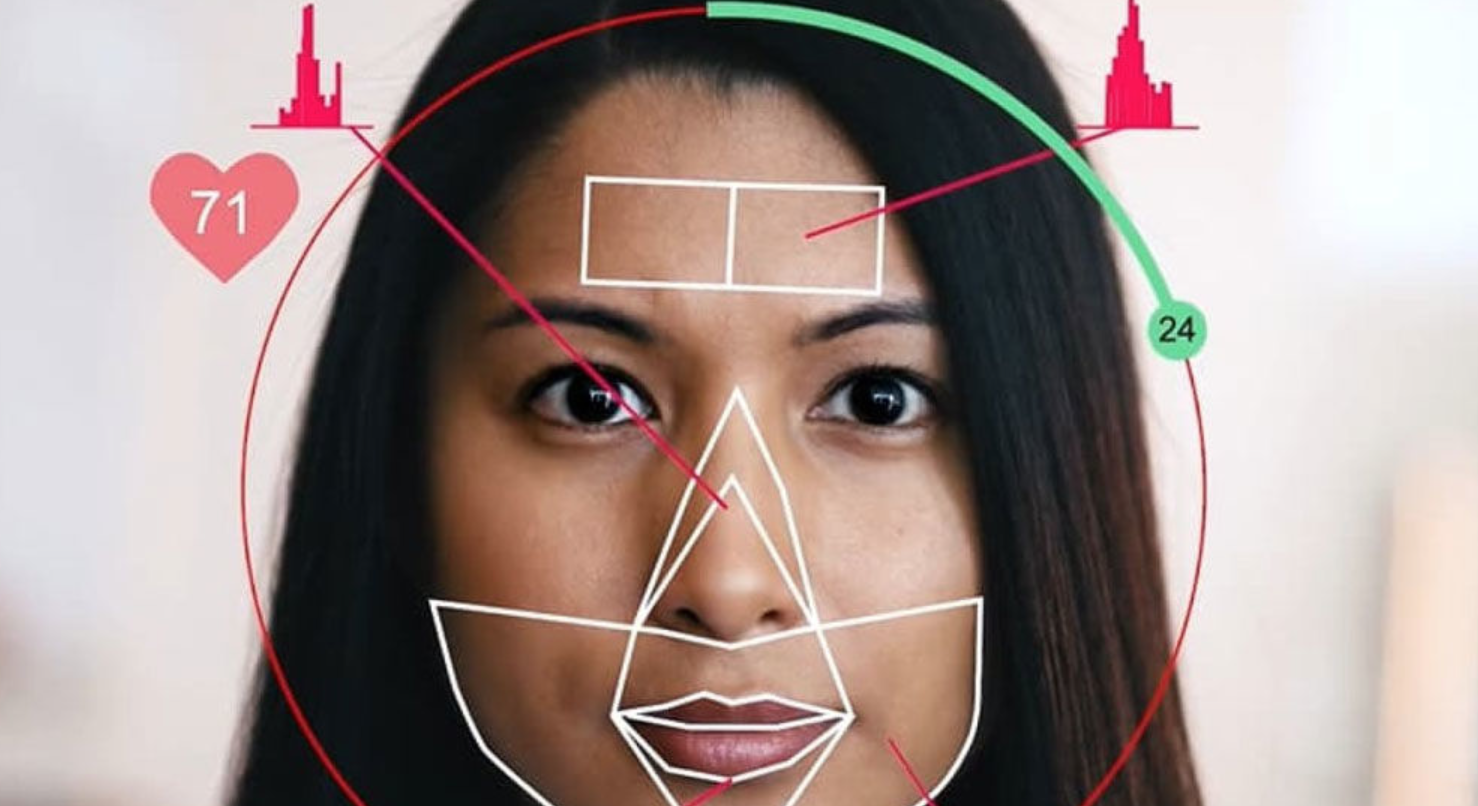
Cuffless blood pressure measurement via selfie video
Kang Lee, Zong Ping Feng, Paul Zheng, and University of Toronto colleagues are measuring blood pressure using a selfie video and transdermal optical imaging technology. Because of its translucency, phone optical sensors can capture red light reflected from hemoglobin under skin, allowing TOI to visualize and measure blood flow changes. In a study, two-minute iPhone…
-
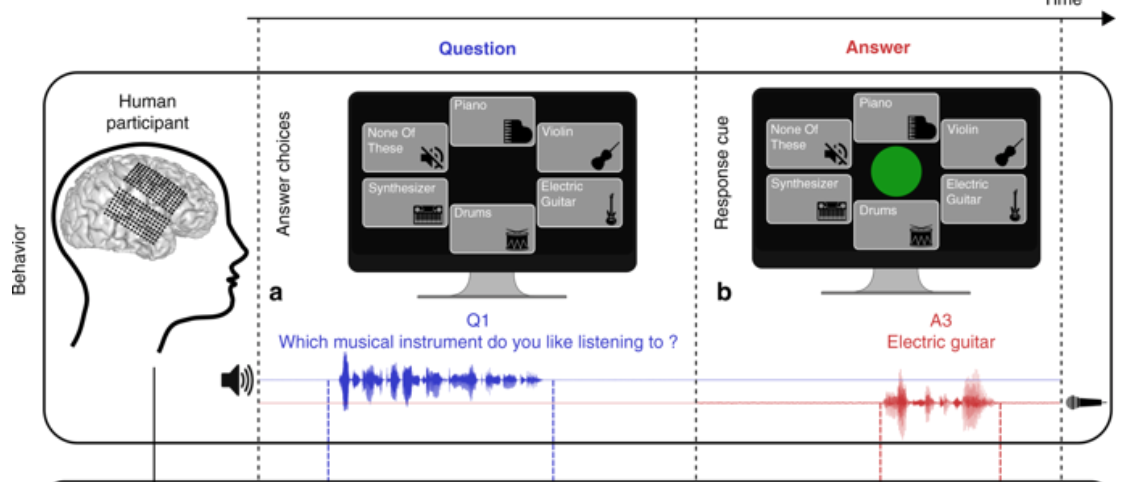
BCI reads whole words from thoughts; no virtual keyboard necessary
Edward Chang at UCSF, Mark Chevillet at Facebook, and colleagues, have published a study where implanted electrodes were used to “read” whole words from thoughts. Previous technology required users to spell words with a virtual keyboard. Subjects listened to multiple-choice questions and spoke answers aloud. An electrode array recorded activity in parts of the brain…
-
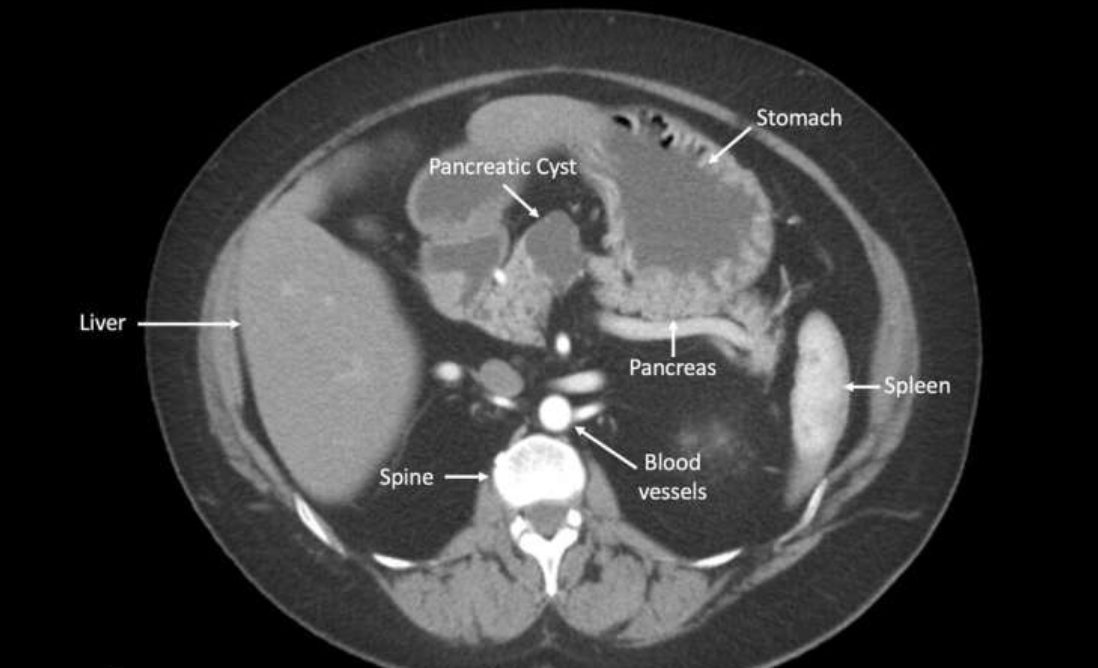
AIgorithm detects cancer potential of pancreatic cysts
CompCyst is a proof-of-concept study, led by Anne Marie Lennon at Johns Hopkins, which uses AI to more accurately determine which pancreatic cysts will become cancerous. The test evaluates molecular and clinical markers in cyst fluids, and could significantly improve detection rates vs. current clinical and imaging tests. In the study, the researchers evaluated molecular profiles,…
Got any book recommendations?